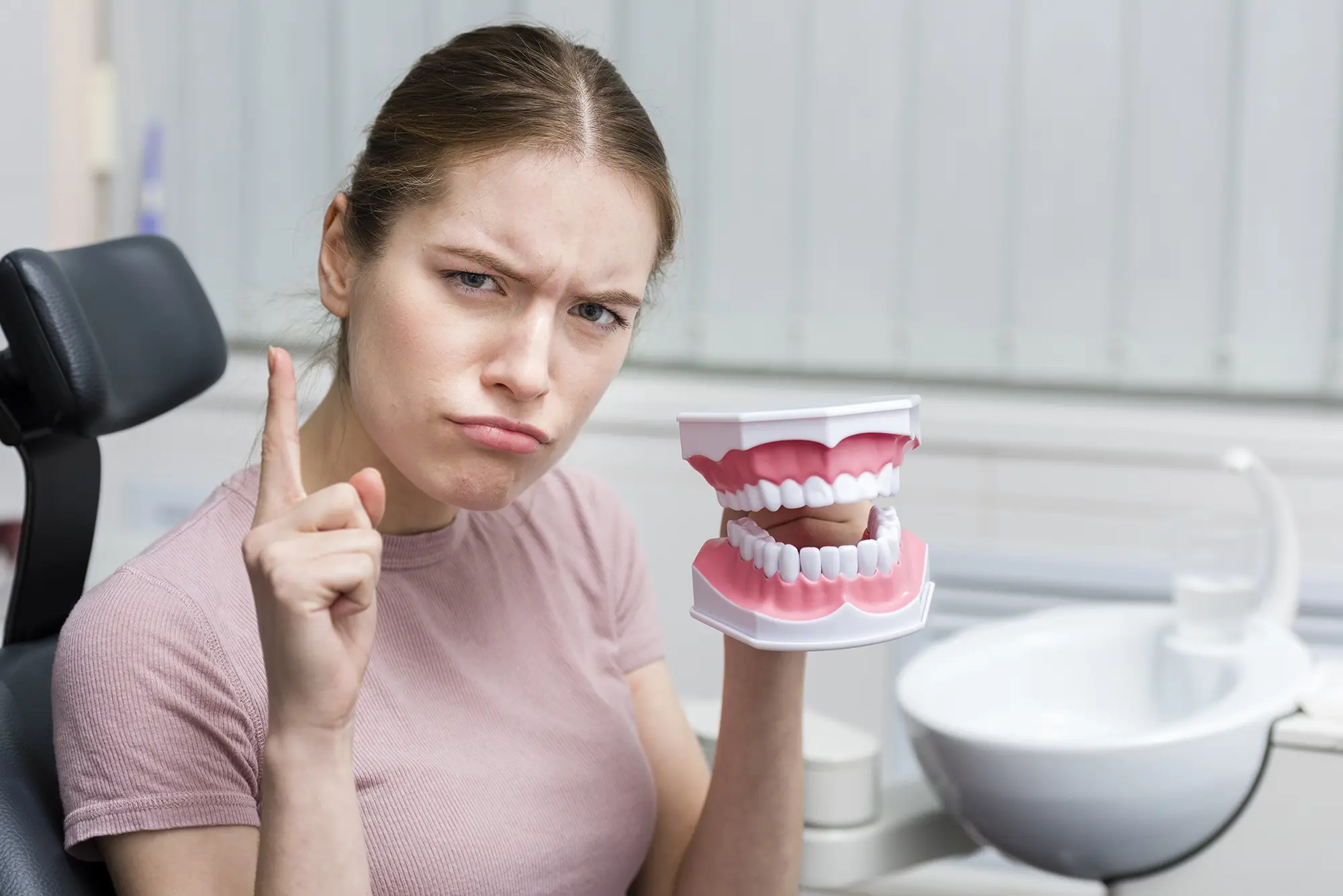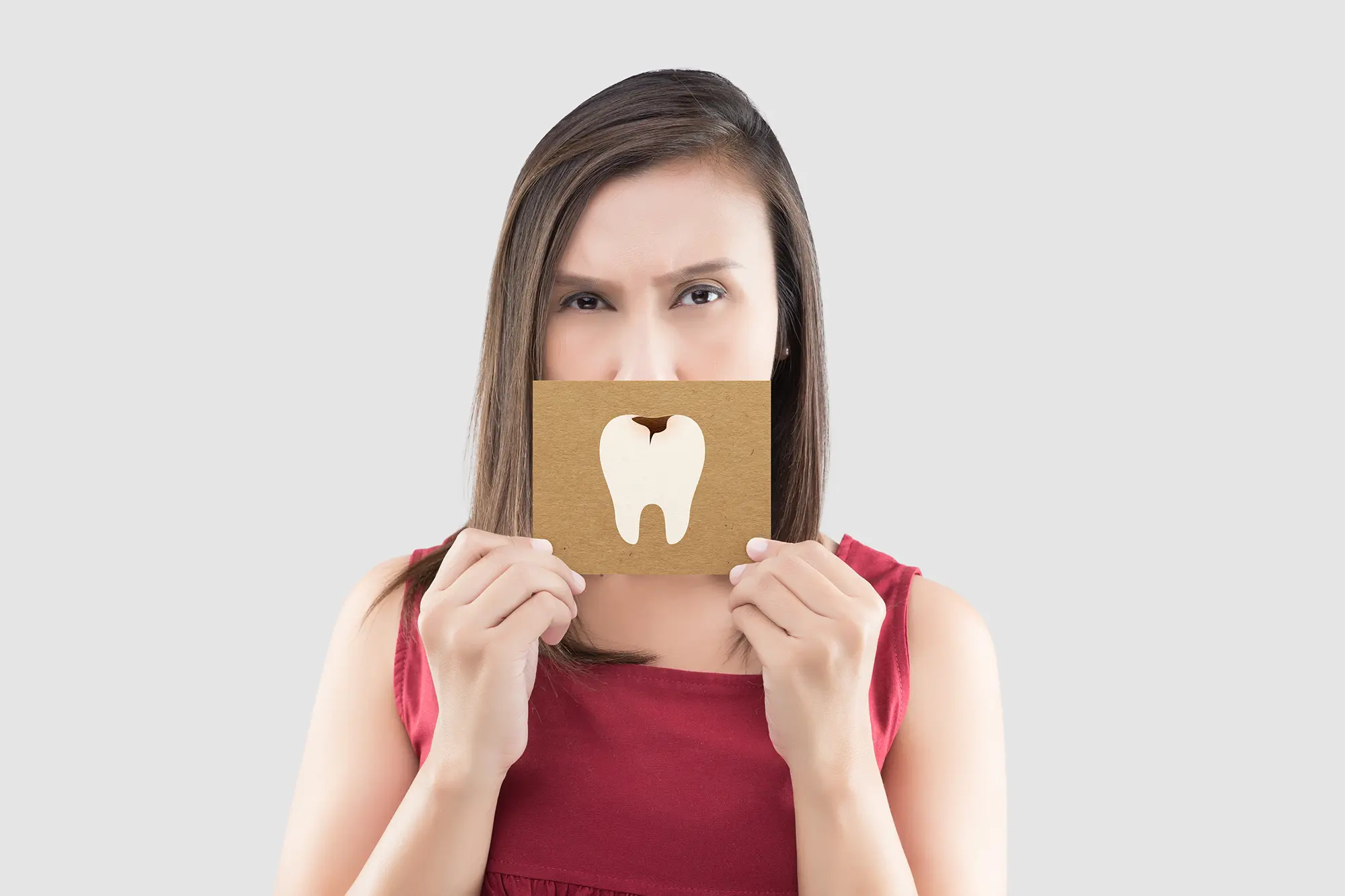The Great Flossing Debate
As part of good oral hygiene, flossing helps clean between teeth where your toothbrush can’t reach. Regular flossing removes plaque and food debris to prevent tooth decay and gum disease from occurring. But which method of flossing should you choose — traditional floss or a water flosser? In this blog post from your friends at Precision Dentistry, we’ll compare the two flossing methods to help you decide which option may be right for maintaining your oral health.
At Precision Dentistry, Dr. Dr. John R. Jones and our skilled dental team provide tips and recommendations on establishing effective flossing habits for better oral hygiene. Call (830)896-8343 to learn more and schedule an appointment.
What Is Flossing and Why Do We Need It?
Flossing helps dislodge sticky plaque buildup and food debris from between teeth and just below the gumline. If left alone, this debris can cause tooth decay and inflammation of the gums (gingivitis) — which can lead to chronic periodontitis.
By flossing daily, you greatly reduce your risk of developing gum disease and cavities between the teeth — some of the most difficult areas to treat and restore. Simply put, flossing daily provides immense preventative dental health benefits.
How to Use Traditional Floss
Traditional floss comes in unwaxed strands of nylon or bundles of ultra-thin wax-coated fibers. If you’re unsure how to floss correctly, follow these steps:
- Use an 18-inch length of floss wrapped around middle fingers with about one to two inches stretched between hands.
- Gently slide it down between two teeth, careful not to forcefully snap it down to avoid cutting gums.
- Make a C-shape wrapping floss around the base of the tooth and scrubbing up and down and back-and-forth along the adjacent tooth surface.
- Repeat for all tooth contacts, unwrapping new sections of floss as you progress.
If you have any questions about flossing, please don’t hesitate to ask our team at Precision Dentistry.
Benefits of Traditional Floss
Many dentists and dental hygienists have recommended traditional string floss for decades. But what makes it special? Traditional floss offers many benefits, including:
- Precise Cleaning: Traditional flossing allows for precise targeting between teeth and along the gumline, ensuring thorough removal of plaque and debris.
- Portability and Accessibility: Traditional floss is compact, portable, and doesn’t require electricity. It’s readily accessible, making it convenient for use at home or while traveling.
- Cost-Effectiveness: Traditional floss is an economical option. It offers an effective means of interdental cleaning without the need for additional equipment.
- Ease of Use: Flossing with traditional dental floss is straightforward and doesn’t involve a learning curve. It’s user-friendly for people of all ages, including those with orthodontic appliances.
Introducing Water Flossers
Water flossers, or oral irrigators, use pressurized streams of water pulses directed via a small tip placed in the mouth to blast away debris between teeth. Countertop models connect to your faucet and contain replaceable water reservoirs. Additionally, cordless models are entirely self-contained and waterproof for use in the shower if desired! The tip is gently moved along the gumline while aiming the pulsing streams of water to rinse the crevice between tooth and gum.
Water Flossing Benefits
Water flossing provides benefits that make it a convenient and effective choice for maintaining optimal dental health, such as:
- Gentle on Gums: Water flossers provide a gentle and comfortable alternative, making them ideal for individuals with sensitive gums or orthodontic appliances.
- Efficient Plaque Removal: The pulsating water jet effectively removes plaque and debris from between teeth and below the gumline, promoting comprehensive oral cleanliness.
- Reduced Mess: Water flossers minimize the mess associated with traditional flossing. There’s no need for string manipulation, reducing the likelihood of bleeding or irritation.
- Enhanced Convenience: Water flossers offer ease of use, particularly for those with dexterity challenges. The adjustable settings cater to individual preferences for a customized flossing experience.
- Versatility and Reach: With various nozzle attachments, water flossers can reach areas that traditional floss might struggle with. This versatility ensures a more thorough and adaptable interdental cleaning routine.
What’s The Verdict?
For optimal oral health, employing traditional floss and water flossing as part of your routine provides superior coverage. The easy use of portable floss picks makes it realistic to floss manually at least a few times weekly even when life gets busy. Add in water flossing on most other days, and your gum health will likely improve from the decreased inflammation. Your smile will shine brighter thanks to minimizing plaque buildup in those hard-to-reach spots!
Keeping up with a flossing routine isn’t always easy. But taking the time to properly floss your teeth every day pays dividends for your short-term and long-term dental health. Your smile will thank you!
Take Control of Your Oral Health!
Ready to elevate your oral care routine? Choose the flossing method that suits your lifestyle best. Whether it’s the precision of traditional floss or the convenience of water flossing, take a step towards a healthier, brighter smile today! Schedule your appointment with Dr. Dr. John R. Jones at Precision Dentistry by calling (830)896-8343 today!





